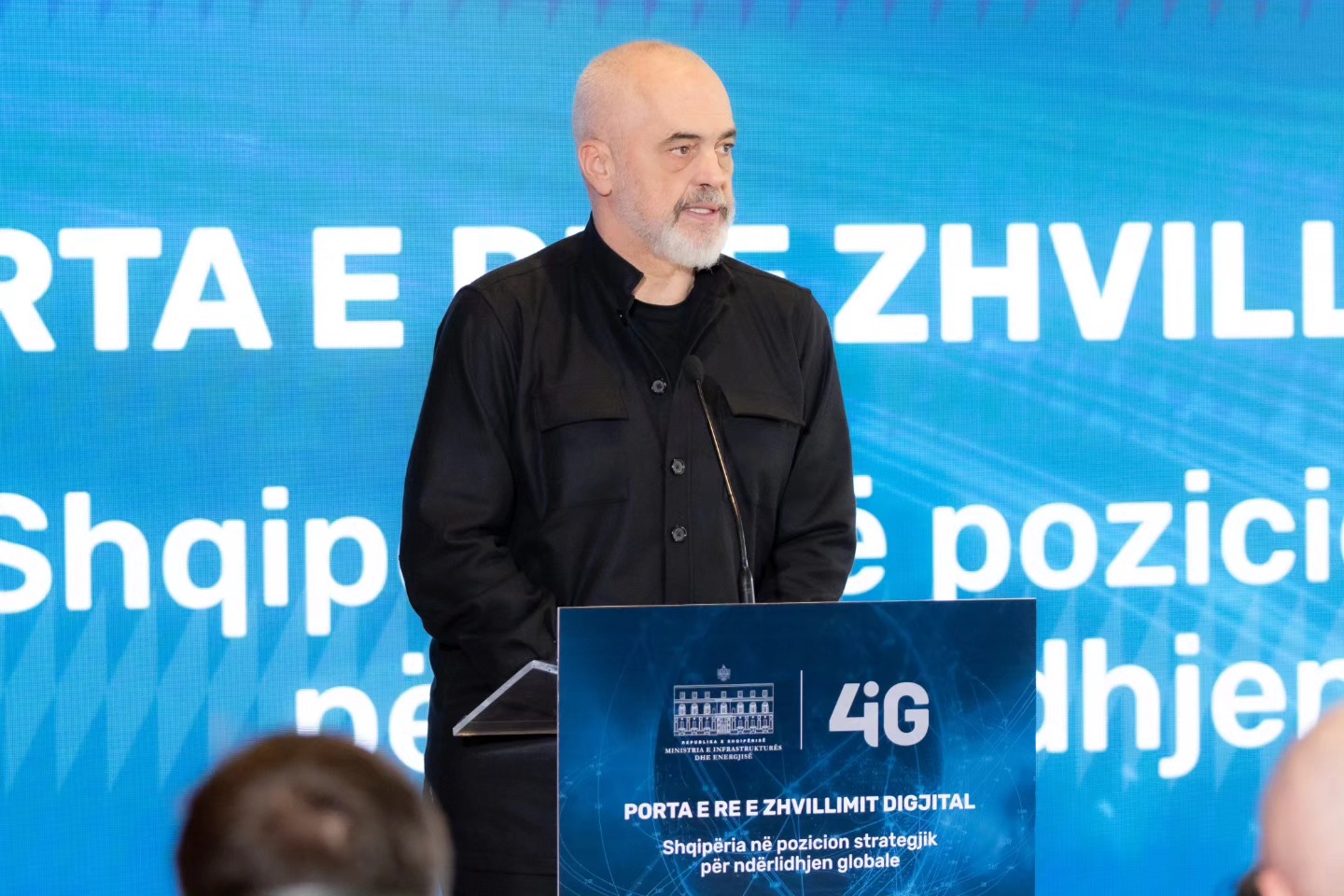Minister Hasani’s Panel Discussion on EU’s Capability to Shape Global Transitions at Antalya Diplomacy Forum
Minister Hasani’s Panel Discussion on EU’s Capability to Shape Global Transitions at Antalya Diplomacy Forum
Moderatori: Turning to Igli Hassani, Minister for Europe and Foreign Affairs for Albania, also formerly OSCE. So how do you see it from the perspective of a country which is also aiming to join the European Union? How do you see the role of the EU in the region, but also globally?
Ministri Hasani: Many thanks for the invitation and many thanks for making me part of this panel that I think I’m the only non european amongst you and I’m so happy to be European. I’m non European Unionist, but I am a truly fundamental European in all my aspects. Happy to be in a such distinguished panel with so many prominent colleagues. I’m happy to see that the at least the gender balance is well kept. Unfortunately, women on one side and men on the other side. It shouldn’t be so distinctive because in many aspects, I strongly believe that multilateralism is suffering, and I can only echo what Xavier was telling, multilateralism is suffering specifically in the last two decades. We have a UN Security Council that is dysfunctional, that is unable to deliver what is what is expected from it.
We have several international organizations that cannot and are not delivering what is expected from them and I’m mentioning here the Council of Europe, the organization for Security and Cooperation in Europe, and several other similar entities in the Euro-Atlantic, Euro-asian space. I can also mention that there are mechanisms where my country is aiming to join or is part of, like the European Union and NATO, that even with the problems that we have delivered and can continue to deliver, because first and foremost, we share the same values that are creating liberal democracies based on the rule of law and free market economies. The world doesn’t see the facts anymore in the same way, the world doesn’t see the facts anymore from different corners. We have situations where we see facts and situations from opposing angles. And this is with regards to the war of aggression of the Russian Federation against Ukraine and the way, we, the international community in all our colours, behave and act on it. The situation in Gaza, where the atrocious attacks of Hamas were not condemned, by at least Palestine, at the initial stage. But at the same time, we have to condemn and raise the voices for the dire humanitarian situation that is there and also to find solutions that are always based on what we strongly believe on the two state solution and the two peoples in the region.
Whatever is coming and whatever is being produced, it’s immediately mirrored in the region. I come from the Western Balkans. It has produced wars, conflicts, including the start of the First World War in Europe, it’s a region that maybe it has less than 20 million people and a modest surface, but it has always been a place of conflict and the last bloodshed in Europe before the war in Ukraine was exactly in our part of the world. We are still the grey zone in the stomach of Europe, as my Prime Minister would say, we are surrounded by a European Union border, but still not integrated, still behind, still struggling to develop those three elements that I mentioned earlier liberal democracy based on rule of law, free market economies and aiming higher for fundamental freedoms and human rights now. Is it so grim? Yes, it is, because it’s not only about hard security. We’re struggling. We’re lacking. We are going behind on many issues, including climate change, the way we behave towards environment, the way we interact with the global crisis, the way we went national in national agendas, even for the reaction towards the Covid 19 pandemic. What is lacking is the fact that, who would have expected that in 2023, 2024 of the 21st century we are behaving like a century ago. It’s exactly the same. I see exactly the same patterns and the same trends. The actors have changed, but situations are similar and we really need to to stick to our fundamental rights. We really need to stick to the institutions we have created, and we should not behave like instinctual entities. The human being has agreed to create the states, and the states have agreed to create the international institutions, not to be instinctual. Unfortunately, this is the new trend and the only response to this is continued efforts to strengthen multilateralism.



